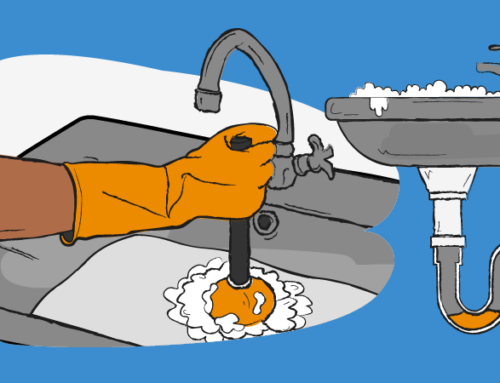Our eight best tips to create an eco-friendly garden!

There are many ways in which we can make the most of what nature provides us or recycle and reuse household objects in order to maintain an eco-friendly garden. We’ve created a list of our top suggestions, to get your imaginations going in the garden…
1. Collect rainwater in water butts
By keeping a water butt outside, you will have a steady supply of rainwater to quench the thirst of your plants and flowers. It will also save you money on your water bill and come in handy during the hot summer months when the ground dries up quicker than usual.
2. Make your own compost
Certain fruit and veg leftovers can break down to make a healthy compost for your garden, which can be stored in a compost bin. Think about using potato peelings, banana skins, and eggshells, which would otherwise just go in your waste bin. All of these will add minerals such as calcium and potassium to help your plants grow strong and healthy! Making your own compost will make for a better eco-friendly garden than if you buy it in plastic bags from a shop.
3. Bird and insect homes
Encouraging wildlife to visit your garden will help with natural pollination. You can do this by providing shelter in trees for birds to nest and creating insect habitats. Birds will help to control pest levels by eating slugs, aphids and other threats to your plants. Insects are vital for pollination. You can easily make your own insect homes out of broken or leftover canes, discarded bricks and other similar bits and bobs you can find around your property. The RSPB has a great step-by-step guide for a mini-beast hotel.
4. Reuse as much as you can
You may be tempted to dispose of things such as garden twine and canes once you’ve harvested your fruit and veg, but you can save money and help the environment by storing it all away for next year! It’s much better off doing some good in your garden than being chucked away in some landfill.
5. Trees make great shelter for wildlife
If you have the room, plant a tree. This will provide natural shelter for all animals passing through, as well as a food supply for some. If you go for a fruit-producing tree, you’ll get an additional award out of it! There’s nothing like a plum crumble made with fresh home-grown produce!
6. No room for a tree? Consider a bush!
If you are pushed for space, a blackberry bush would work just as well. Just be sure to keep it trimmed, to avoid it taking over your garden.
7. Source local materials
Whether you’re in need of paving slabs or garden furniture, looking for a nearby manufacturer that sources its materials locally will help reduce your carbon footprint. It’s also great to support a local and independent business!
8. Don’t use harmful chemicals for pest control
There are alternatives to using pesticides to protect your plants which won’t cause harm to the wildlife. You can use garden fleece to protect your veg from caterpillars, slugs and snails. Attracting a variety of creatures to your garden will help to keep the pests under control. For example, hoverflies will munch on those annoying aphids, so attract them with flowers such as marigolds and cosmos.
We hope these tips get you inspired to experiment with your own techniques for an eco-friendly garden. Have you got any suggestions that aren’t on our list? Let us know by leaving a comment, we’d love to hear your thoughts!
Disclaimer: The opinions and views expressed in the above article are those of the author only and are for guidance purposes only. The author disclaims any liability for reliance upon those opinions and would encourage readers to rely upon more than one source before making a decision based on the information.




